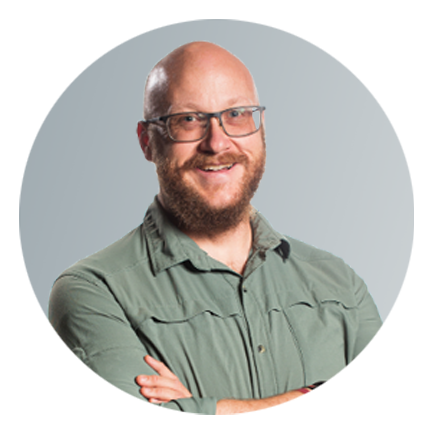ESSAY SUBMISSION
Kolb’s Experiential Learning Model
David Kolb is a Professor of Organizational Behavior at Case Western Reserve University who popularized experiential learning as the most efficient method for mastering new concepts. In short, he describes the process of transforming learning into knowledge.
What is Kolb’s Experiential Learning Model?
According to Kolb, “Knowledge results from the combination of grasping experience and transforming it.” In his model, there are four distinct segments to learning:
- Description of Concrete experience
- Reflections
- Generalizations/Principles/Theories
- Testing and Application
Related Links
Applying Kolb’s Model to Your Essay
When you write your experiential essay, you are required to use each of Kolb’s four steps to describe each of the required subtopics. For instance, if you have developed a nutrition or health plan with your health care provider, and have maintained that health plan, you may want to write the essay on “Human Nutrition and Health”. You must address these three subtopics in your 3,000 to 4,500 word essay:
- Subtopic 1: Explain the physiological role of protein, fat, and carbohydrates in maintaining health.
- Subtopic 2: Explore the physiological role of vitamins and minerals in disease prevention.
- Subtopic 3: Discuss major nutritional guidelines to decrease heart disease, cancer, and osteoporosis.
- Subtopic 4: Analyze modifications from national recommended guidelines you have made in your diet and the rationale for those modifications.
- Subtopic 5: Explore challenges US citizens encounter in attaining sound nutrition.
- Subtopic 6: Discuss current fad diets and the hazards they bring to overall health and wellness.
In subtopic 1, you must address each of Kolb’s points:
- Description of Concrete Experience: discuss your experiences with the way your body reacts to specific types of foods, namely proteins, carbohydrates, and fats, and how these contribute to your overall health.
- Reflections: describe your feelings about your experiences and how your thoughts, attitudes and observations developed through the reflective process. For instance, as you experimented with different foods, how did your thoughts change about your nutrition plan? Did you grow to like foods that you didn’t like before? Explain.
- Generalizations, Principles and Theories: explain specific theories and principles of the physiology of proteins, carbohydrates and fats and how they support your knowledge of the topic in the area of nutrition and health. Discuss what your health care provider explained to you about this topic.
- Testing and Application: discuss how you tested the theories about protein, carbohydrates and fat. Did applying a particular principle bring about the desired outcome? Why or why not? You can add more to this discussion by writing about how more recent experiences have impacted your generalizations, principles and theories.
Get credit for your knowledge
Speak to your academic counselor to identify your credit deficiencies. Then, check the PLA-approved topics and see if there are subjects that match your areas of expertise, and whether you are eligible to write an essay to fulfill a credit requirement. You can earn up to 30 credits through experiential essays if you’re working toward a bachelor’s degree, or 15 credits if you’re working toward an associate’s degree.
Additional state restrictions may apply.
Need more information? Please contact us at 866-440-4707 or email us at plac@phoenix.edu
.

Access the support you deserve today
Explore more ways to save on tuition costs
Scholarships
Offering up to $1 million in scholarship opportunities this month.
Transfer credits
Apply eligible transfer credits from an institutionally accredited university or college toward the degree of your choice.
National testing programs
If you have extensive knowledge in a specific subject, you may be able to test out of a class or two.